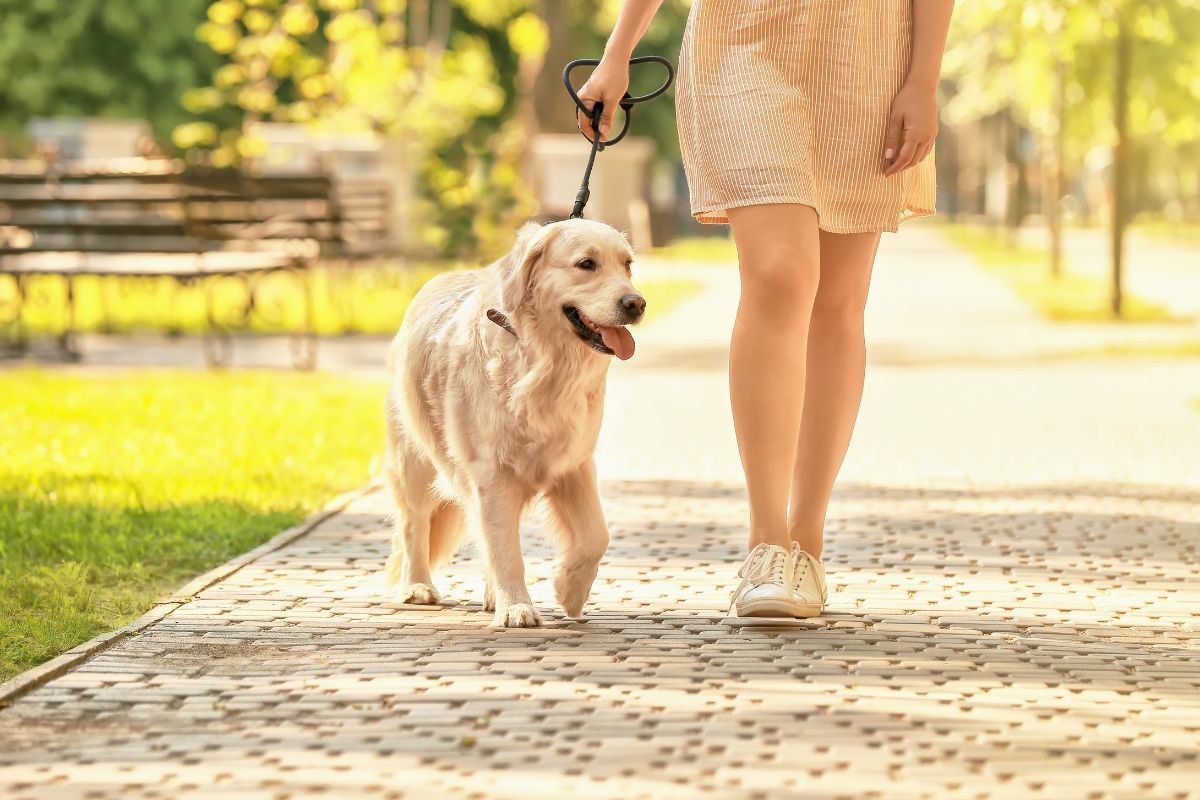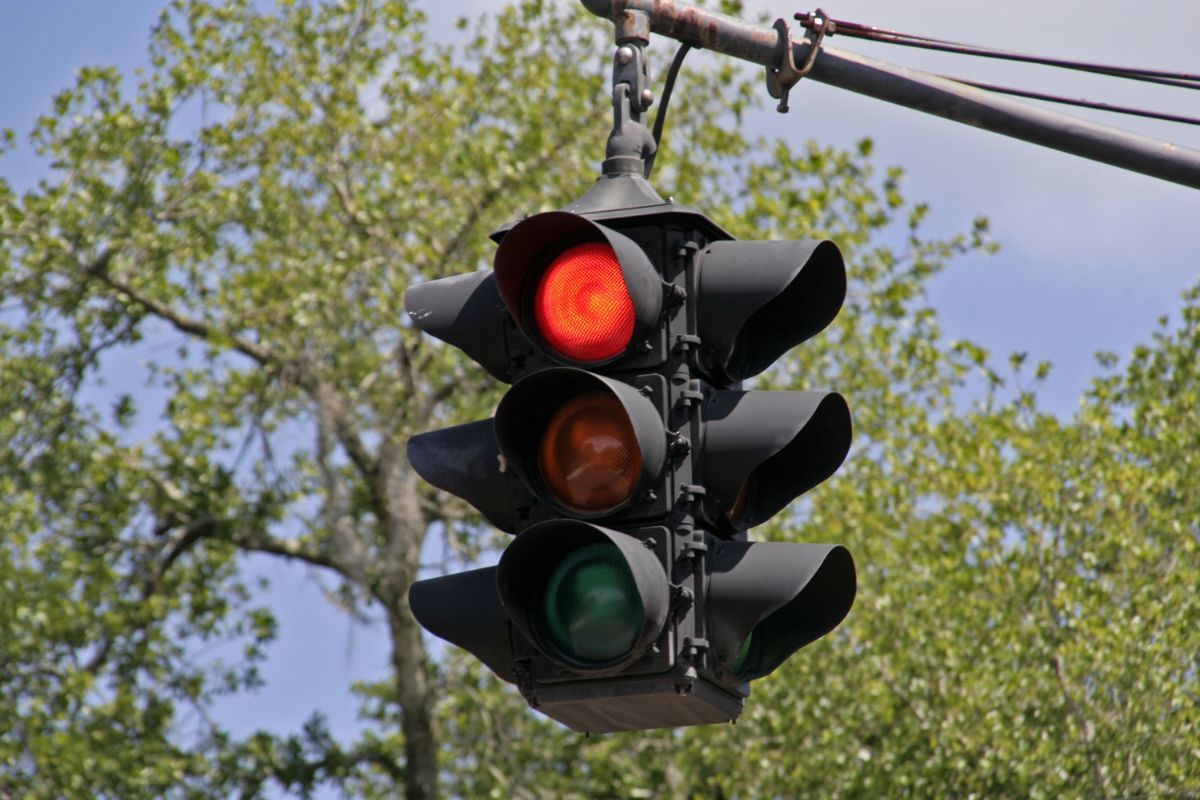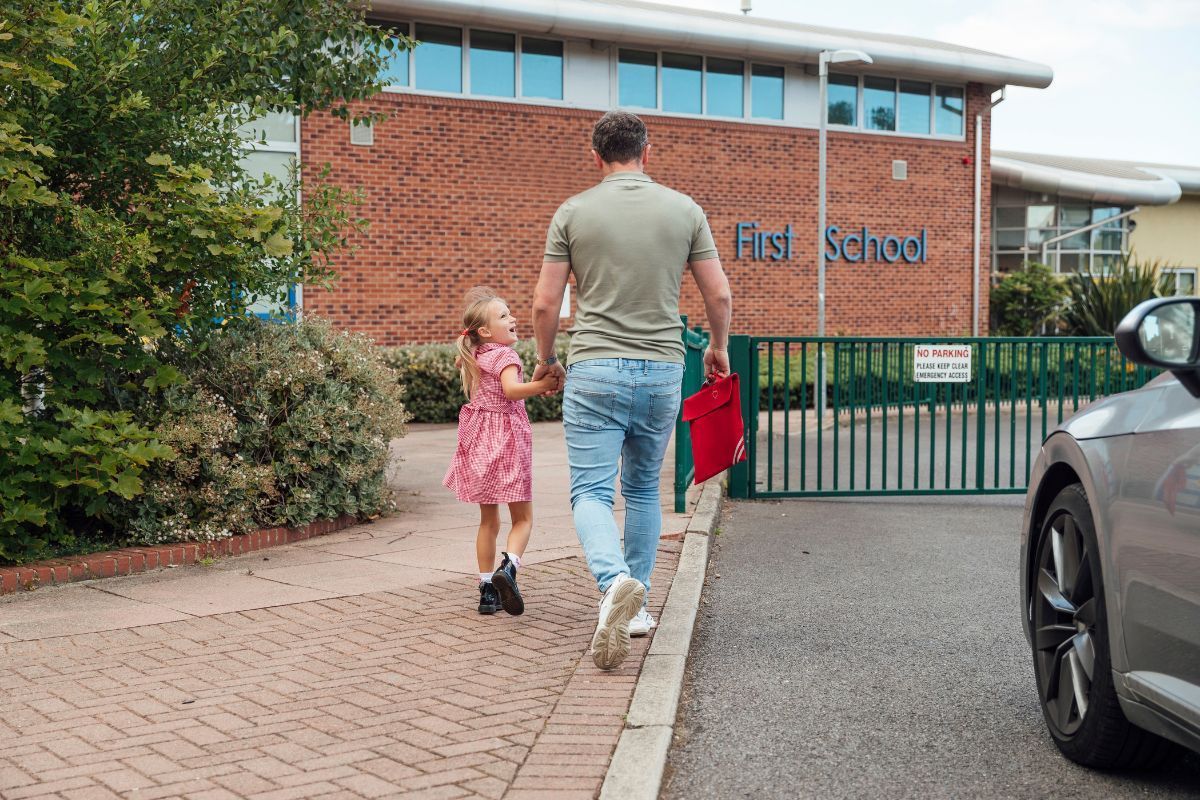Blog

As 2026 approaches , many Charlotte County residents are thinking about fresh starts, new goals, and long-term planning. While updating calendars and resolutions is common this time of year, reviewing your homeowner’s liability coverage is an important step that often gets overlooked. Even in close-knit communities like ours, accidents can happen and without adequate coverage, a single incident could have lasting financial and legal consequences. Understanding Liability Coverage in Homeowners Insurance Most homeowners’ insurance policies include personal liability coverage designed to help protect you if someone is injured on your property or if you cause damage to someone else’s property. This may include coverage for medical expenses, legal defense costs, and potential settlements. However, many standard policies have limits that may not align with today’s rising medical costs, legal expenses, and settlement amounts, especially as we head into 2026. Why Standard Coverage May Not Be Enough in 2026 As lifestyles evolve and homes become more multifunctional, liability risks continue to grow. Some common scenarios include: Rising Medical Costs Injury-related medical expenses have increased steadily, and even a seemingly minor accident can result in bills that exceed basic policy limits. Increased Legal Exposure Lawsuits related to slip-and-fall accidents, guest injuries, or property conditions can quickly escalate. Legal defense costs alone may strain limited coverage. Pools, Docks, and Outdoor Living Spaces Charlotte County’s outdoor lifestyle often includes pools, docks, patios, and water features: all of which can increase liability exposure if someone is injured. Activity Beyond the Home Certain incidents that occur away from your property may not be fully covered under a standard homeowner’s policy, leaving gaps in protection. Additional Coverage Options to Consider To strengthen protection going into 2026, homeowners often explore: Umbrella Liability Policies These policies provide an extra layer of protection above standard limits, offering broader coverage at a relatively affordable cost. Expanded Coverage for Secondary or Rental Properties If you own a vacation home, rental property, or short-term rental, standard homeowners’ coverage may not apply — making supplemental liability coverage essential. Scheduled Coverage for High-Value Assets Items such as collectibles, tools, or specialty equipment may require additional protection beyond standard policy limits. Why This Matters for Charlotte County Residents From waterfront properties and seasonal visitors to year-round outdoor activities, Charlotte County presents unique liability considerations. Preparing now allows homeowners to move into 2026 with confidence, knowing they are protected against unexpected claims. Planning Ahead for Peace of Mind Reviewing your liability coverage isn’t just about insurance — it’s about protecting your financial security and your future. Taking proactive steps today can help prevent legal and financial stress tomorrow. At GTS Law Firm, we regularly help Charlotte County residents navigate liability issues and understand how insurance coverage and personal injury law intersect. If you have questions about liability exposure or find yourself facing a claim, our team is here to help. As we move into 2026, a little preparation can go a long way toward peace of mind.

The New Year is a time for fresh starts, celebrations, and setting goals for the months ahead. While ringing in the new year should be fun and memorable, it’s also one of the times when accidents, injuries, and legal issues are more likely to occur. Taking a few proactive steps can help ensure your celebration ends on a positive note. Here are some important New Year’s safety tips for residents and visitors throughout Charlotte County. Celebrate Responsibly on the Roads New Year’s Eve and New Year’s Day consistently see an increase in impaired driving incidents. Even one poor decision behind the wheel can lead to life-altering consequences. If you plan to celebrate: Arrange a designated driver ahead of time Use a rideshare service or taxi Stay overnight if alcohol will be involved If you encounter a driver who appears impaired, keep your distance and contact local authorities when it is safe to do so. Be Cautious at Parties and Events Large gatherings can bring excitement and risk. Slips, falls, and other injuries are common at crowded celebrations. To reduce risks: Keep walkways clear and well-lit Monitor alcohol consumption Address spills immediately Ensure outdoor areas are safe and free of hazards Property owners and hosts should remember that they may have a responsibility to keep guests reasonably safe. Fireworks and Fire Safety Matter While fireworks are festive, they are also one of the leading causes of holiday injuries. If fireworks are permitted: Follow local Charlotte County regulations Never allow children to handle fireworks Keep a safe distance and fire extinguisher nearby Better yet, consider attending a professional fireworks display rather than lighting your own. Stay Alert Around Water Charlotte County’s waterways remain active year-round. Cooler temperatures don’t eliminate boating or dock-related risks. Avoid alcohol while boating Wear life jackets when appropriate Watch footing on docks and seawalls Water-related injuries can happen quickly, especially during celebrations. Don’t Ignore Injuries or Incidents If an accident occurs: Seek medical attention immediately Document what happened if possible Report the incident when appropriate Prompt action protects both your health and your legal rights. Start the Year Protected The New Year is about moving forward, not dealing with preventable legal challenges. Staying alert, planning, and making safe choices can help you and your loved ones begin the year with confidence. If you or someone you care about is injured due to another party’s negligence, understanding your rights is an important step toward recovery. GTS Law Firm is proud to serve Charlotte County and remains committed to helping individuals navigate difficult situations with clarity and care. Here’s to a safe, healthy, and successful New Year.

The holiday season brings joy, celebration, and cherished time with loved ones throughout Charlotte County. As we gather for Christmas festivities, travel to visit family, and enjoy local events, it is also important to remain mindful of safety — both at home and on the road. At Goldman, Tiseo & Sturges, P.A., we are proud to call this community home. We wish every family peace and joy this Christmas, and we also want to help ensure the holiday remains safe for everyone. Holiday Travel & Road Safety Christmas is one of the busiest travel times of the year in Southwest Florida. Whether driving across town to see family or traveling farther for holiday plans, consider these safety reminders: Plan and allow extra time for increased traffic Avoid distractions — put the phone away while driving Never drive impaired or overtired Watch for pedestrians and bicyclists, especially near neighborhoods and holiday events Use extra caution in unfamiliar areas or high-traffic shopping zones If you are celebrating, arrange transportation ahead of time. A sober ride home protects you and others sharing the road. Keeping Gatherings Safe Christmas brings parties, church services, and community events. While festive gatherings are a wonderful part of the season, a few precautions help ensure everyone enjoys them safely: Keep walkways and entry areas clear to prevent falls Place holiday lighting safely, avoiding tripping hazards Monitor candles, fireplaces, and cooking equipment Ensure children are supervised around decorations and breakable items Simple steps help protect guests and reduce the risk of accidents in the home. Shopping & Gift Safety Whether shopping in-store or online this holiday season: Stay alert in parking lots and busy areas Keep packages secure and out of sight Use caution transporting bulky items or large gifts Follow manufacturer safety instructions for toys and electronics Safe gifting means more enjoyable celebrations for everyone. From Our Family to Yours Christmas is a time of reflection, gratitude, and community. Here in Charlotte County, we are fortunate to live in a place where neighbors look out for one another, and local traditions bring people together. From all of us at Goldman, Tiseo & Sturges, P.A., we wish you a joyful and peaceful Christmas filled with family, friendship, and hope for the year ahead. If you or a loved one has questions about a personal injury or safety concern this season, our team is here to help. Call (941) 625-6666 or visit www.gtslawfirm.com to schedule a consultation.

From morning walks in gated communities to afternoons at local dog parks, our pets bring joy and companionship. However, when incidents occur such as dog bites, leash accidents, or property damage, questions of responsibility and liability can arise quickly. Understanding the expectations of pet owners within neighborhood communities and HOAs can help prevent disputes and protect the well-being of everyone involved. Why Community Pet Safety Matters Busy sidewalks, shared green spaces, mail carriers, and children riding bikes mean pets will inevitably interact with others. While most encounters are friendly, risks exist, including: Dog-to-dog altercations Dogs knocking someone over Bites or scratches Damage to shared property Loose or unsupervised pets Florida law, including strict liability for dog bites, plays a significant role in determining fault — but so do community rules and homeowner association policies . Common HOA & Neighborhood Pet Rules Many Charlotte County communities enforce policies that help keep pets and neighbors safe. These often include: Leash requirements Rules regarding unattended or roaming animals Waste pickup responsibilities Restrictions on certain breeds or aggressive animals Noise and nuisance policies Violating these rules may result not only in civil liability but also association fines or restrictions. Who May Be Liable? Responsibility may extend beyond the pet owner in certain situations. Depending on the circumstances, any of the following could be involved: The pet owner A caregiver or walker A tenant , if the property is rented A landlord or property manager , in limited circumstances An HOA , if unsafe conditions contributed (such as broken fencing or failure to enforce known hazards) Each case is fact specific. Evidence, including witness statements, veterinary records, and community documents often plays an important role. Steps to Take After an Incident Whether you are a pet owner or someone injured by an animal, consider taking these steps: Seek medical attention if someone is hurt Exchange information with the other party Document the scene and any injuries Gather witness names and contact information Review community regulations Speak with a personal injury attorney to understand your rights Prompt action can help protect your interests and clarify responsibilities quickly. Supporting Safe Communities Responsible pet ownership benefits everyone. As Charlotte County continues to grow, maintaining safe, respectful interactions between neighbors and their pets remains essential. Simple steps such as leashing pets, following HOA guidelines, and reviewing insurance coverage can help prevent incidents and foster harmonious neighborhoods. If you have been injured by someone else’s pet or have questions regarding liability within your community, Goldman, Tiseo & Sturges, P.A. is here to help. Contact us at (941) 625-6666 or visit www.gtslawfirm.com for guidance and a free consultation.

Pets are an important part of many households across Charlotte County . They bring companionship, joy, and comfort. However, even well-trained animals can behave unpredictably in certain situations. When a pet causes injury or property damage, the financial consequences can be significant — and many owners are unaware of potential gaps in their insurance coverage. Understanding animal liability coverage is an important step in protecting yourself, your family, and others in the community. What Is Animal Liability Coverage? Animal liability coverage provides protection if your pet injures someone or damages another person’s property. LESS THAN 5% OF HOMEOWONWERS INSURANCE POLICIES IN FLORIDA INCLUDE THIS COVERAGE! CARRIERS ALSO OFTEN EXLCUDE CERTAIN SPECIFIC BREEDS FROM COVERAGE! Without adequate coverage, a pet owner may be personally responsible for: Medical bills Lost wages Property damage Legal defense costs Why It Matters Here in Charlotte County Florida has a high number of pet-related injury claims, and Charlotte County is no exception. Under Florida law, dog owners are held strictly liable for bites and certain other injuries, even if the animal has no history of aggression. Because of this strict legal standard, animal-related incidents often result in costly claims. Having appropriate insurance helps ensure financial protection and peace of mind. Reviewing Your Policy If you own pets, you should review your homeowners insurance policy immediately and speak to your insurance agent to determine: Whether animal liability coverage is included Which breeds or scenarios may be excluded If coverage applies only at home or also off property (such as parks or walking trails) Whether additional coverage or a policy endorsement is available If your current plan excludes your pet or provides limited protection, supplemental coverage should be purchased immediately. Responsible Ownership & Preventative Measures In addition to confirming insurance coverage, responsible steps can help reduce the likelihood of an incident: Secure fencing and gates Leashes when outside the home Training and socialization Following Charlotte County pet ordinances These measures help promote safety and may support a defense if an incident occurs. If a Pet-Related Injury Occurs If you or a loved one is injured by someone else’s pet, or if your pet is involved in an incident, it’s important to take appropriate steps: Seek medical attention if needed Document the scene Gather witness information Report the incident if required The attorneys at Goldman, Tiseo & Sturges, P.A. represent individuals in pet-related injury matters throughout Charlotte County and can help you understand your rights, responsibilities, and options. Protecting Charlotte County Families Pets enrich our lives, but preparation matters. Reviewing insurance coverage and understanding Florida’s liability laws can help protect your financial security and your community. If you have questions regarding a pet-related injury or potential claim, contact us at (941) 625-6666 or visit www.gtslawfirm.com for a free consultation.

Halloween is one of Charlotte County’s most festive traditions—costumes, candy, and community celebrations light up neighborhoods across Port Charlotte, Punta Gorda and beyond. But amid the fun, the risk of preventable accidents rises significantly. At GTS Law Firm, we believe being prepared protects not only your good times but also your rights if something goes wrong. Why Halloween Poses Extra Risks Increased pedestrian traffic – Children and families fill sidewalks and driveways, often emerging suddenly from between parked cars. Reduced visibility – Costumes, dusk lighting and unfamiliar routes can make it hard for drivers and trick-or-treaters alike to see each other. Distractions & altered terrain – Drivers might be focused on the festivities, while children may be carrying bulky bags or wearing masks that restrict vision. Top Safety Tips for Families & Drivers For families: Use flashlights or glow-sticks so children are visible. Choose costumes that fit well and use reflective tape or bright colors. Walk on sidewalks. If none are available, walk facing traffic and stay as far left as possible. Cross the street at intersections and look both ways before you step out. Inspect all candy at home before snacking—especially if younger children are involved. For drivers: Slow down in residential areas and approach driveways, curbs and sidewalks cautiously. Avoid distractions—phones, music or passing out candy should not take your focus from the roadway. Be extra vigilant between 5 p.m. and 9 p.m., when pedestrian traffic peaks in Charlotte County neighborhoods. Park safely so you don’t block crosswalks or create hidden zones where children may step into traffic. What This Means If an Accident Happens Even when we all take precautions, accidents still happen. If your child is injured, or you’re involved in a collision while trick-or-treating, the same principles apply as in any personal injury claim in Florida: duty, breach, causation and damages. At GTS Law Firm, we’ve handled cases across Charlotte County where visibility, distraction or faulty premises played a role. Our team can help you understand if you may have a claim and guide you through the legal steps. Final Thoughts Halloween is meant to be fun—and with a little planning, it can be safe too. Whether you’re handing out candy or driving home afterwards, be alert and respectful of your neighbors. GTS Law Firm is proud to serve the Charlotte County community—not just when something goes wrong, but every day we help you stay safe and informed. If you or a loved one is injured due to another party’s negligence, we’re here to help. Please call (941) 625-6666 or visit our website to schedule a free consultation. Wishing everyone a spooky and safe Halloween from your local team at GTS Law Firm.

Getting injured because of someone else’s negligence is stressful enough but what happens if the person or business responsible doesn’t live in Florida? Many people wonder if they can pursue a personal injury claim against someone out-of-state. The answer is yes, but there are some important details to understand. How Out-of-State Laws Affect Your Case When a defendant lives outside Florida, courts may need to consider jurisdiction . Essentially, whether Florida courts have the authority to hear the case. In many situations, if the incident happened in Florida or caused harm here, the court can still proceed. Additionally, different states have different laws regarding personal injury claims, including statutes of limitations, liability rules, and damages. This can affect how a case is filed and what compensation may be available. Steps to Take Consult an Experienced Attorney: A skilled Florida personal injury attorney can determine whether your case can proceed here or if another state’s laws may apply. Gather Evidence: Documentation such as medical records, accident reports, and witness statements is crucial, especially if the defendant is out-of-state. Understand Service of Process: The defendant must be formally notified of the lawsuit. Serving someone in another state follows specific legal procedures to ensure the court has jurisdiction. Consider Legal Strategy: Sometimes, pursuing a claim in Florida is straightforward; other times, filing in the defendant’s home state may be necessary. Your attorney will guide you through the best approach. Protect Your Rights Handling a case with an out-of-state defendant can be complicated, but you don’t have to navigate it alone . The team at GTS Law Firm has experience helping clients pursue personal injury claims, even when the responsible party lives outside Florida. We focus on protecting your rights and working toward the compensation you deserve. Contact GTS Law Firm today to speak with an attorney about your personal injury case. (941) 625-6666

Getting injured because of someone else’s negligence is stressful enough but what happens if the person or business responsible doesn’t live in Florida? Many people wonder if they can pursue a personal injury claim against someone out-of-state. The answer is yes, but there are some important details to understand. How Out-of-State Laws Affect Your Case When a defendant lives outside Florida, courts may need to consider jurisdiction . Essentially, whether Florida courts have the authority to hear the case. In many situations, if the incident happened in Florida or caused harm here, the court can still proceed. Additionally, different states have different laws regarding personal injury claims, including statutes of limitations, liability rules, and damages. This can affect how a case is filed and what compensation may be available. Steps to Take Consult an Experienced Attorney: A skilled Florida personal injury attorney can determine whether your case can proceed here or if another state’s laws may apply. Gather Evidence: Documentation such as medical records, accident reports, and witness statements is crucial, especially if the defendant is out-of-state. Understand Service of Process: The defendant must be formally notified of the lawsuit. Serving someone in another state follows specific legal procedures to ensure the court has jurisdiction. Consider Legal Strategy: Sometimes, pursuing a claim in Florida is straightforward; other times, filing in the defendant’s home state may be necessary. Your attorney will guide you through the best approach. Protect Your Rights Handling a case with an out-of-state defendant can be complicated, but you don’t have to navigate it alone . The team at GTS Law Firm has experience helping clients pursue personal injury claims, even when the responsible party lives outside Florida. We focus on protecting your rights and working toward the compensation you deserve. Contact GTS Law Firm today to speak with an attorney about your personal injury case. (941) 625-6666

When it comes to staying safe on the road, habits matter. Many car accidents are not caused by reckless behavior or extreme conditions, but by everyday driving habits that increase risk over time. From texting while driving to consistently rolling through stop signs, these seemingly minor behaviors can have serious consequences. Common Driving Habits That Lead to Accidents Distracted Driving – Phones, navigation systems, or even conversations with passengers can take attention away from the road. Distracted driving contributes to thousands of accidents each year. Following Too Closely – Tailgating reduces reaction time and can turn a minor slowdown into a major collision. Speeding in Familiar Areas – Drivers often feel comfortable speeding on roads they know well, underestimating risks like sudden stops or pedestrian crossings. Improper Lane Changes – Not checking mirrors or blind spots increases the chance of side collisions. Rolling Through Stop Signs and Traffic Signals – A habit of ignoring stop signs or lights, even slightly, can lead to intersection accidents. Why Habits Matter Repeated behaviors form patterns. Even safe drivers can develop risky habits over time without realizing it. Insurance companies, accident investigators, and courts often consider a driver’s habits when determining fault or liability after a crash. Protect Yourself and Others Be mindful of your driving habits – Small adjustments can prevent accidents. Avoid distractions – Keep your focus on the road at all times. Maintain safe following distances – Give yourself enough time to react. Follow traffic laws consistently – Stop signs and lights exist to protect everyone. At GTS Law Firm , we understand how habitual driving behaviors can affect accident outcomes. If you or a loved one has been involved in a collision caused by another driver’s habits, our experienced team is here to help you navigate the legal process and secure the compensation you deserve. Contact us today to schedule a consultation and protect your rights. (941) 625-6666

As Charlotte County families prepare for the new school year, stores are crowded with parents and children picking up backpacks, notebooks, and other supplies. While the excitement is high, parking lots at big-box stores and shopping centers can become dangerous if drivers and pedestrians aren’t paying attention. Why Parking Lot Safety Matters Parking lots can be high-risk areas, especially during peak back-to-school shopping times. With increased traffic, pedestrians—especially children—can be hard to see, and distractions can lead to accidents. For Drivers: Navigating Parking Lots Safely Slow Down: Keep speeds low and be ready to stop suddenly. Stay Off Devices: Distractions can cause you to miss a pedestrian. Watch for Children: Kids can dart out from between cars without warning. Use Signals: Let others know when you’re turning or backing up. For Parents and Shoppers Hold Hands with Young Children: Keep them close in busy parking areas. Load Carefully: Position carts and children out of moving traffic while loading purchases. Teach Awareness: Remind kids to stop and look before crossing lanes or emerging from between cars. GTS Law Firm: Protecting Families in Charlotte County At GTS Law Firm, we know that even a quick shopping trip can lead to unexpected accidents. If you or your child is injured due to a driver’s negligence in a parking lot, our attorneys are here to help you understand your rights and seek fair compensation. Let’s keep this back-to-school season safe—not just on the roads, but in the parking lots where families gather to prepare for the year ahead. If you’ve been involved in a parking lot incident, contact GTS Law Firm for a consultation.


